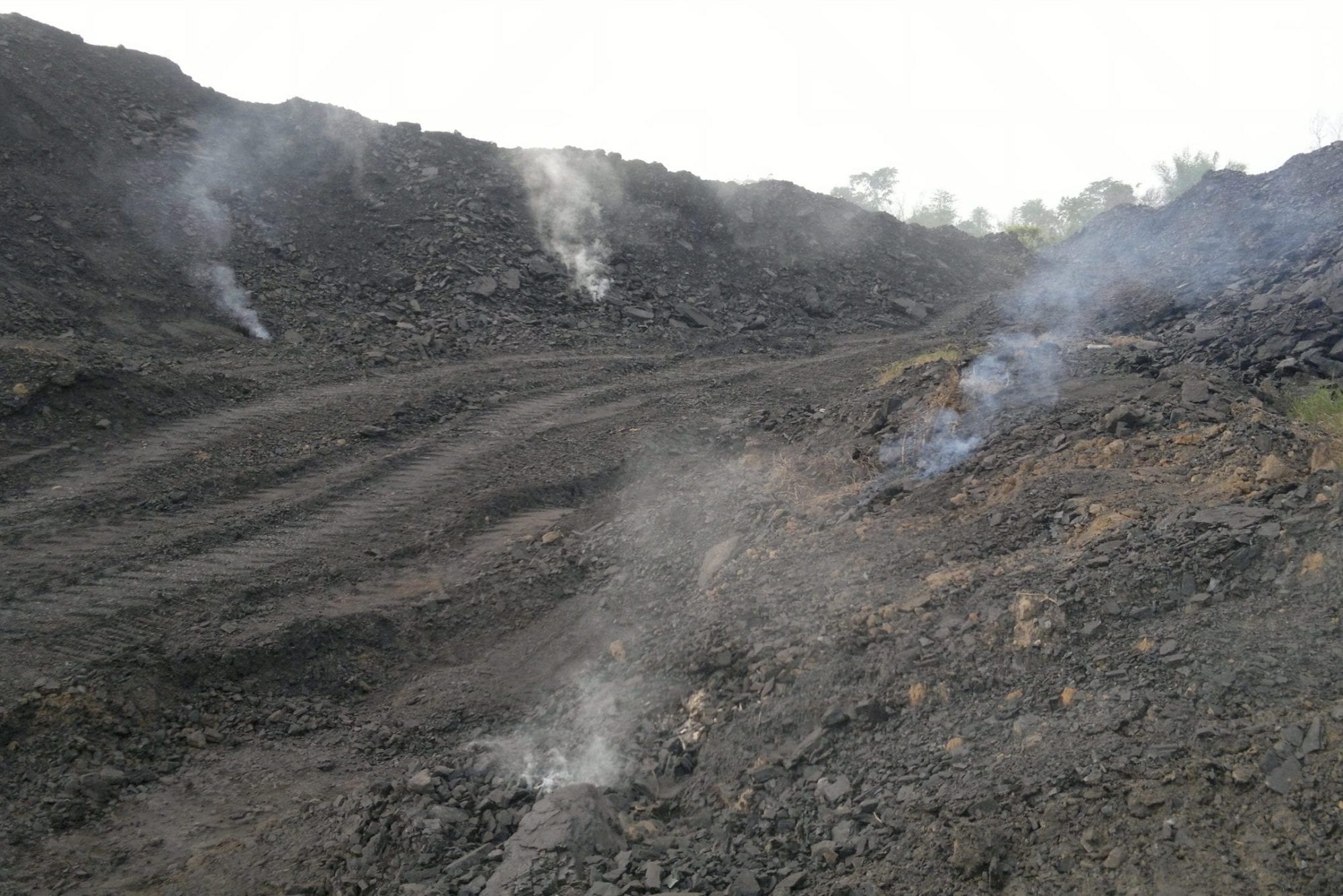The National Human Rights Commission of Thailand this week held an initial hearing on the community complaint against the Ban Chaung Coal Mine, located in the Thanintharyi Region of Myanmar.
Representatives of indigenous Karen communities filed a complaint with the National Human Rights Commission of Thailand in June 2017 alleging human rights violations resulting from the activities of Thai companies operating an open-pit coal mine. The Ban Chaung mine has polluted the air and water, harmed the livelihoods of local people, and led to the illegal seizure of agricultural land, among other harmful impacts, according to the
complaint.
The mine is expected to harm as many as 16,000 people living in 22 villages in the Ban Chaung area of Tanintharyi Region, which experienced decades of conflict between Karen National Union forces and the Myanmar military.
The complaint, filed with the support of local NGO Tarkapaw Youth Group, Inclusive Development International and Spirit in Education Movement, called on the human rights commission to investigate the activities of the three Thai companies that have been connected to the mine: Energy Earth PCL, East Star Company and Thai Asset Mining Company. A fourth company, the Myanmar-based Mayflower Mining Enterprise Co., Ltd., holds the 2,100-acre mining concessions.
According to Tarkapaw Youth Group: “We are happy to see the Human Rights Commission actively investigating this complaint. Communities have suffered for years due to the impacts of the project. We hope that this will lead to a thorough investigation and that the Commission will take the necessary action to remedy harms caused by this project.”
The complaint alleges several serious human rights violations suffered by local communities in Ban Chaung, including the right to an adequate standard of living and the right to health.
Solid waste from the Ban Chaung mine burns and emits foul smoke, driving people away from their homes and making them dizzy and sick. The project has polluted local water sources that residents use for drinking, bathing and cooking. During the rainy season, this pollution flows into local streams and rivers, killing fish and crops, which harms people’s livelihoods, according to the complaint.
“Impacted communities have been pushing for years for the companies behind this project to remedy the harms they have suffered, but with no result”, said David Pred, Managing Director of Inclusive Development International. “We hope now that the companies have heard the message of affected villagers and will take all necessary actions to address them.”
Mayflower Mining received the concessions in 2010 and 2011 but is not involved in operations on the ground. Ratchaburi-based East Star and Kanchanaburi-based Thai Asset are developing the mine and related transportation infrastructure.


